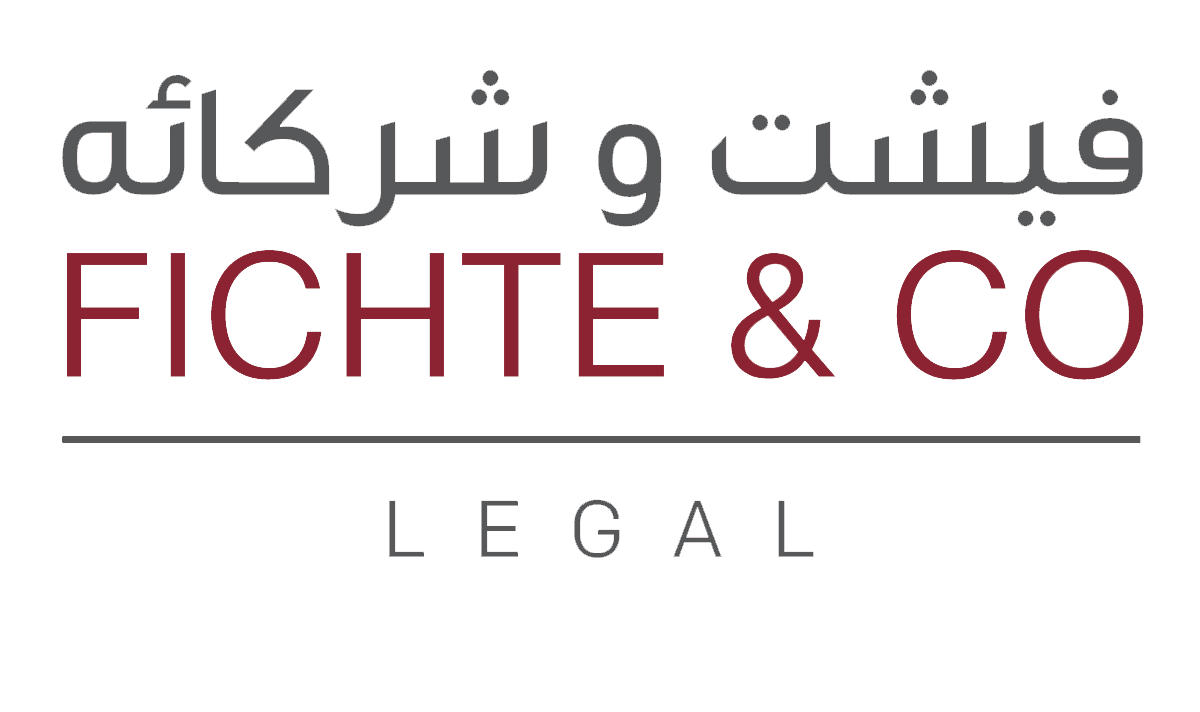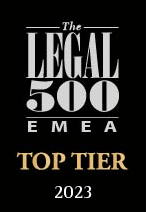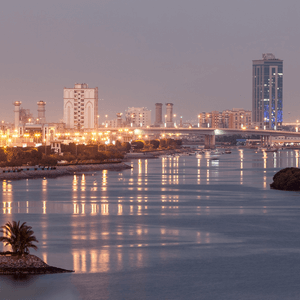International business companies (IBCs) incorporated or proposed to be incorporated in Ras Al Khaimah must note the recent establishment of the Ras Al Khaimah International Corporate Centre (RAKICC) which, going forward, will be the sole authority responsible for the incorporation of international business companies in this emirate.
The RAKICC was formed pursuant to Decree 12/2015 and Decree 4/2016, by way of the merger of two existing offshore registries in Ras Al Khaimah:
- RAK Offshore, part of the Ras Al Khaimah Investment Authority (RAKIA); and
- RAK International Companies, part of the RAK Free Trade Zone Authority (RAKFTZ).
As such, existing and new IBCs will now be governed by the newly introduced RAKICC regulations of 2016.
This update summarises:
- the implications that this change will have on existing IBCs;
- the key features of the new RAKICC regulations; and
- the transitional measures effected over the past few months, including the upgrade of the facilities for registered agents.
Implications on existing IBCs
IBCs incorporated in either the RAKIA or the RAKFTZ must re-register with the RAKICC through their registered agents by submitting:
- a re-registration form;
- a shareholders’ resolution, consenting to the re-registration; and
- an addendum to the memorandum of association, signed by the shareholder(s) in triplicate, or a new memorandum.
The deadline to carry out the above actions is December 31 2017. Companies are advised to re-register during licence renewal within the transitional period. After this deadline, companies not re-registered with the RAKICC will cease to be registered with the RAKIA and the RAKFTZ (as the case may be) and will be automatically re-registered as RAKICC companies, subject to the submission of the requisite documents. Thereafter, the RAKICC will render requested services only to those companies which have duly completed the re-registration process.
RAKICC – key features
New legal forms
Apart from the incorporation of a company limited by shares as in the former regime, the RAKICC now offers the possibility of new types of business vehicle, some of which are borrowed from other offshore jurisdictions, as described below:
- Companies limited by guarantee – in this legal form, the members undertake to contribute a nominal amount in the event that the company is wound up and there is a deficit in the company’s assets which makes it unable to settle its debts. The liability of a guarantee member is thus limited to the amount that the member is liable to contribute as specified in the memorandum of agreement, or any other liability expressly provided for in the memorandum of agreement. Non-profit organisations, charities, clubs and similar bodies widely use this legal structure. As such, the common practice among these entities is to retain their profits in order to reinvest in their operations, rather than distribute profits to their members.
- Unlimited companies – in unlimited companies, the members have a joint, several and non-limited obligation to meet any insufficiency in the assets of the company in order to settle any outstanding financial liability in the event of the company’s formal liquidation. This option is now available at the RAKICC when limited liability is unacceptable or inconvenient. Some businesses can benefit from the advantages of this alternative model, such as:
- giving greater assurance and confidence to creditors;
- increasing its public credibility; or
- controlling the management behaviour against reckless activities.
- Segregated portfolio companies – this legal structure (also known as a ‘protected cell company’) is widely used in many offshore jurisdictions and refers to a single legal entity which segregates the assets and liabilities of different classes (or sometimes series) of shares from each other and from the general assets of the segregated portfolio company. As such, assets allocated to a particular segregated portfolio are not available to meet the liabilities of any of other segregated portfolios or that of the segregated portfolio company in general. This vehicle can be used for:
- investment funds;
- collective investment schemes; and
- holding different assets in a single company.
- Restricted purposes companies – this legal form has limited corporate capacity and can undertake only certain specific purposes, as are set out in its memorandum of association. Any activity out of that scope is void. This vehicle is especially popular for securitisations and other transactions where a bankruptcy remote company is required.
Flexibility for share transfers
The new regulations provide for flexibility in relation to the transfer of shares by allowing companies the discretion to exclude or modify pre-emptive rights in their memorandum and articles of association.
Re-domiciliation
The RAKICC regulations introduce the concept of the re-domiciliation of foreign companies into the RAKICC. As such, a foreign company can migrate and continue as a RAKICC company, provided that the laws of the jurisdiction in which it is registered allow it to continue in another jurisdiction. On compliance with the requirements stated in the RAKICC regulations, the registrar will issue a certificate of continuation and the company will be considered incorporated in the RAKICC under the name designated in its memorandum of agreement on the date specified in the certificate of continuation.
This solution permits a company to transfer its domicile to the United Arab Emirates easily, to take advantage of the tax neutral environment while maintaining the same legal identity, its history and without affecting its assets, obligations and liabilities.
Transitional measures
With the aim to incorporate international best practices and operate at world class standards from a regulatory and a customer service perspective, the RAKICC has launched a new user-friendly website and recently announced the introduction a new online portal through which all applications and requests can be made. This is an important technology upgrade which has been welcomed by registered agents.
Further, and as most agents are based in Dubai, the RAKICC is offering an office in Boulevard Business Centre, Dubai, where it is possible to submit and collect documents and make relevant payments, although documents will continue to be processed only at its headquarter in Ras Al Khaimah.
Comment
The new RAKICC scheme represents a development in the attractiveness of United Arab Emirates as an offshore jurisdiction by introducing innovations in line with global standards and in response to the specific needs of the businesses in the region. While the existing key advantages of incorporating an offshore company in the United Arab Emirates remain, the system is now more flexible and simplified in terms of bureaucracy.
Registered agents in collaboration with the new RAKICC team must seek to ensure a smooth transition to the new regime during the interim period. Time will show if the new concepts borrowed from other jurisdictions will achieve similar popularity and achieve the goals expected in this region, which strategically focuses on foreign investments as one of the key drivers of the country’s growth.
Author: Franco Grilli
This article was originally edited by, and first published on, www.internationallawoffice.com and can be found here.




